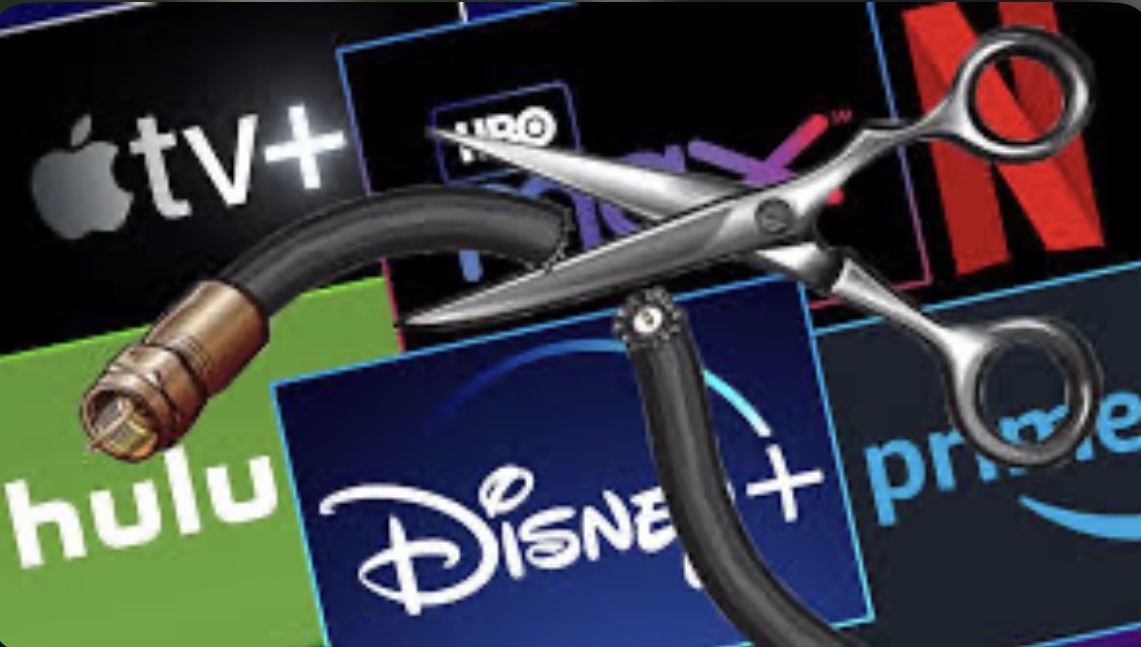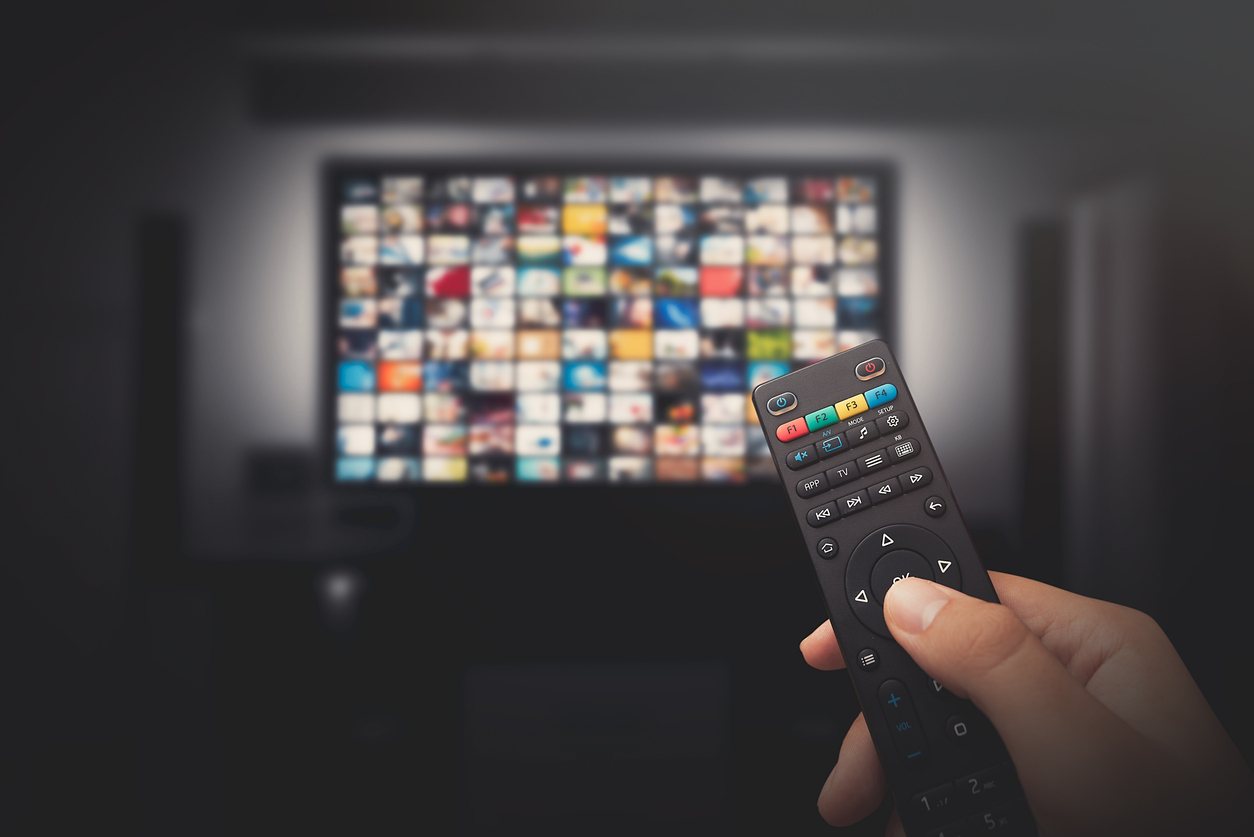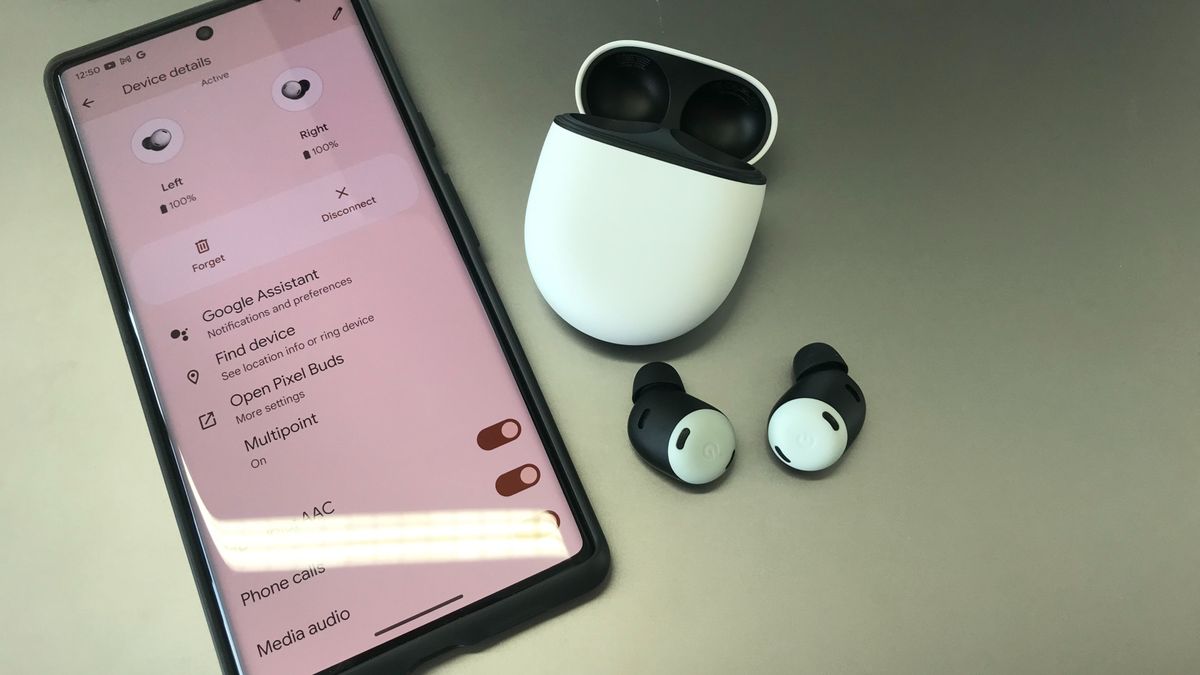Cable TV vs. Streaming: Which One Has the Best Picture?


By Melanie Mayberry, programming editor
This one is going to get some reader comments.
The TV Answer Man says that if all things are equal, and at their best, he would say that video streaming offers a clearer and more detailed picture than cable TV. Why? Because cable operators frequently compress their picture which lessens the details and, sometimes, the color vividness. He says that doesn’t happen all the time, but it’s a too frequent occurrence.
However, our TV Answer Man adds that streaming can be unreliable due to faulty home Internet connections and server issues on the streamer’s side, among other things. Consequently, he says there are pros and cons to both cable TV and streaming so he wouldn’t conclude that either has the best picture all the time.
We thought it would be interesting to ask our favorite Artificial Intelligence engine, ChatGPT, for its assessment of the cable TV vs. streaming debate. Below is the AI response and, as always, the article was edited and fact-checked by the human TV Answer Man team. Enjoy.
The advent of technology has revolutionized the way we consume media. Gone are the days when cable TV was the only source of entertainment in our homes. With the rise of streaming services, we now have access to a plethora of shows and movies at the click of a button. But with all these options available, it’s natural to wonder which one provides better picture quality.
Cable TV has been around for decades, and it’s a tried and tested technology. The picture quality of cable TV is generally excellent, and it can be enhanced with the use of a high-definition cable box. Cable TV companies also offer premium channels that provide the best possible picture quality, with some channels even offering 4K resolution.
Click Amazon: See the 1-Day-Only Discounts!
On the other hand, streaming services like Netflix, Amazon Prime, and Hulu have become increasingly popular in recent years. These services offer a vast library of movies and TV shows that can be accessed on various devices, from smartphones to smart TVs. Streaming services also offer high-definition and 4K content, and some services even have HDR (High Dynamic Range) content, which provides more vivid colors and a wider range of brightness levels.
In terms of picture quality, streaming services have come a long way in recent years. However, there are still some factors that can impact the quality of the stream, such as Internet speed and network congestion. If you have a slow internet connection, you may experience buffering or reduced picture quality, which can be frustrating.
Click Amazon: See the 1-Day-Only Discounts!
Another consideration is the type of device you’re using to stream content. While many modern smart TVs offer excellent picture quality, older models may not be able to display the same level of detail and color accuracy. Additionally, some streaming services may require a higher-end device or a specific operating system to stream content in the highest quality.
Ultimately, whether cable TV or streaming has better picture quality depends on several factors, including your personal preferences, the quality of your TV and Internet connection, and the content you want to watch. Cable TV offers a reliable, high-quality viewing experience, while streaming services offer convenience and a vast selection of content.
Click Amazon: See the 1-Day-Only Discounts!
In conclusion, both cable TV and streaming services have their pros and cons when it comes to picture quality. It’s essential to consider your needs and preferences when choosing between the two. Regardless of which option you choose, make sure you have a high-quality TV and a reliable Internet connection to get the best possible viewing experience.
Have a question about new TV technologies? Send it to The TV Answer Man at [email protected] Please include your first name and hometown in your message.



:no_upscale()/cloudfront-us-east-1.images.arcpublishing.com/dmn/3O64XIWTM5FNHH2XDY7VI6AOMQ.jpg)




